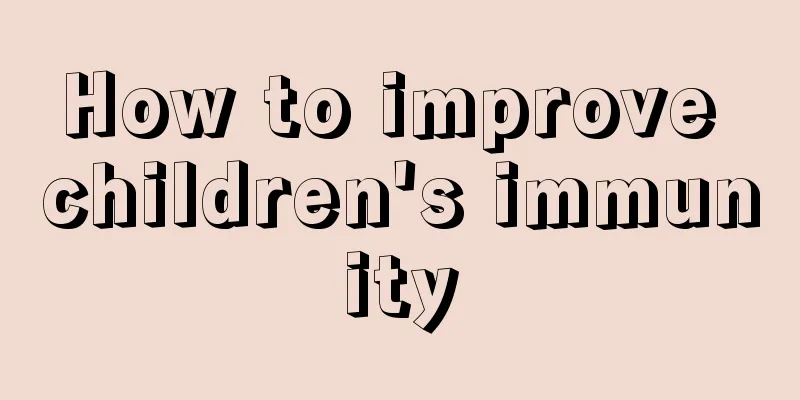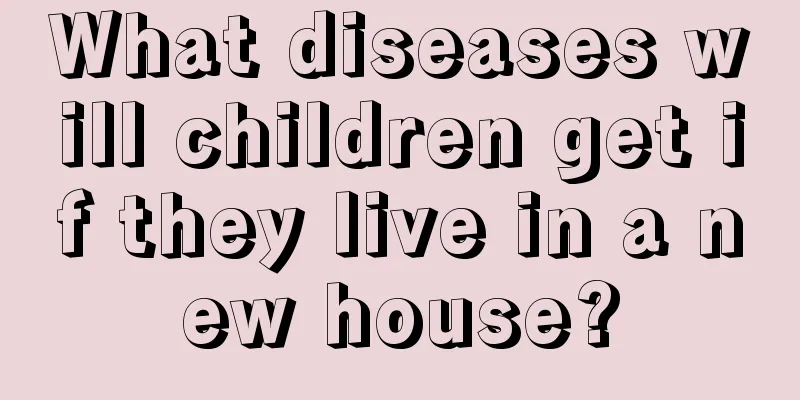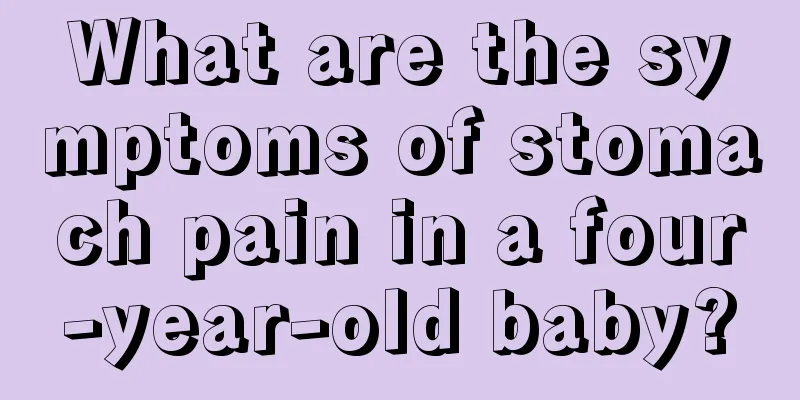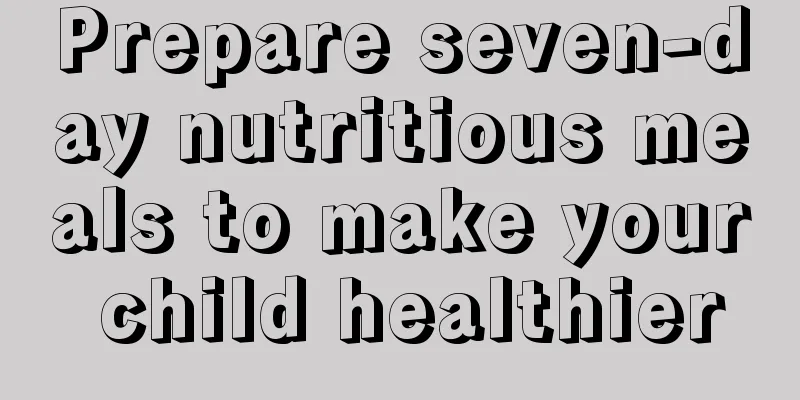What are the symptoms of urinary stones in children
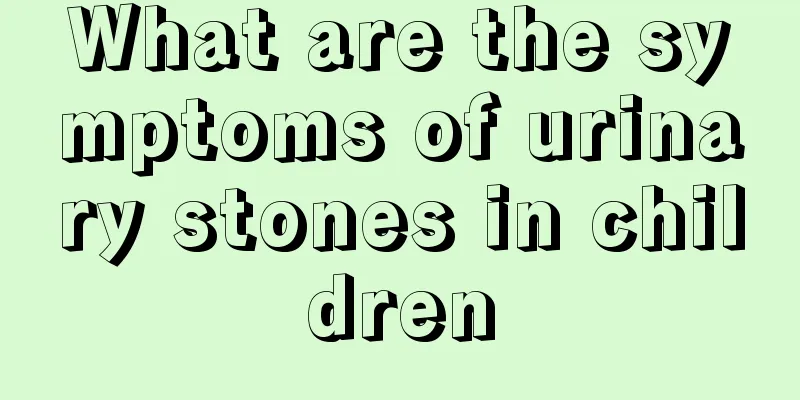
|
Urinary tract stones are not exclusive to adults. Sometimes, young children are also susceptible to the threat of urinary tract stones, and the harm to the children is relatively great at this time. It often causes symptoms of hematuria, easily leads to urinary tract obstruction, and will show symptoms of anuria. In addition, the pain caused by stones often causes children to cry and may even easily induce infection. 1. Hematuria: The presence of blood in the urine in excess of the normal amount is called hematuria. If there is 1 ml of blood in 1000 ml of urine, the urine looks bloody or meat-washing water-like to the naked eye, which is called gross hematuria. During routine urine examination, if there are more than 5 red blood cells in a high-power field of view under a microscope, or the red blood cell count in 12-hour urine exceeds 1 million, which cannot be detected by the naked eye, it is called microscopic hematuria. It is common in various nephritis, urinary tract infection, hemorrhagic cystitis, urinary tract stones, renal tuberculosis, renal tumors, kidney and urethra injuries, etc. Urinary stones can directly damage the kidneys, urethra and other tissues, causing bleeding, or they can cause damage to tissue cells due to combined infection, causing bleeding. It is characterized by hematuria accompanied by renal colic, or symptoms such as interrupted urination, difficulty urinating, and painful urination. 2. Temporary anuria: The 24-hour urine volume is less than 30-50 ml or there is no urine in 24 hours. The inability to discharge urine further is called urinary retention. Urinary stones can lead to urinary tract obstruction, causing urine to accumulate above the obstruction and not be discharged. 3. Crying or struggling when urinating: Urinary stones damage tissues and obstruct the urinary system, or may be accompanied by infection, often resulting in severe pain in the waist and abdomen. Urine accumulates and swells at the site of stone blockage during urination, irritating that area. Alternatively, upper urinary tract stones are blocked or remain in the lower urinary tract during excretion, irritating that area during urination and causing pain. Children will cry or have difficulty urinating. |
>>: How to treat chickenpox symptoms in children?
Recommend
Can children undergo gastroscopy?
The physical health of children is the most impor...
Red rash around baby's mouth
An obvious characteristic of babies is that they ...
What to do if baby's tsh is too high
Tsh is a value that appears when checking the fet...
Diet for asthma in children
Environmental pollution is becoming more and more...
Why does the baby's bottom turn red?
The baby's skin is always so tender that peop...
What are the precautions for babies just born?
When babies are just born, parents are always wor...
Can children eat bananas when they have a cold or fever?
There are many dietary precautions for children w...
Myopia in children
If your child tells you that he can't see obj...
The dangers of tympanitis in children
Tympanitis is a very common disease. This type of...
A three-year-old baby has sheep dung in his feces?
Everyone knows that babies' body resistance i...
How tall is a one year and nine month old baby?
Parents work hard all their lives just to help th...
Cold, cough and anti-inflammatory medicine for a 10-year-old child
Children are very important to their parents. Par...
Why are the skin on baby's fingers and toes peeling?
My neighbor has a cute baby. Today I went to thei...
What should I do if my child has dark spots on his teeth?
Nowadays, children like to eat some junk food, wh...
What are some recipes that help children grow?
Children's growth and development cannot be s...
